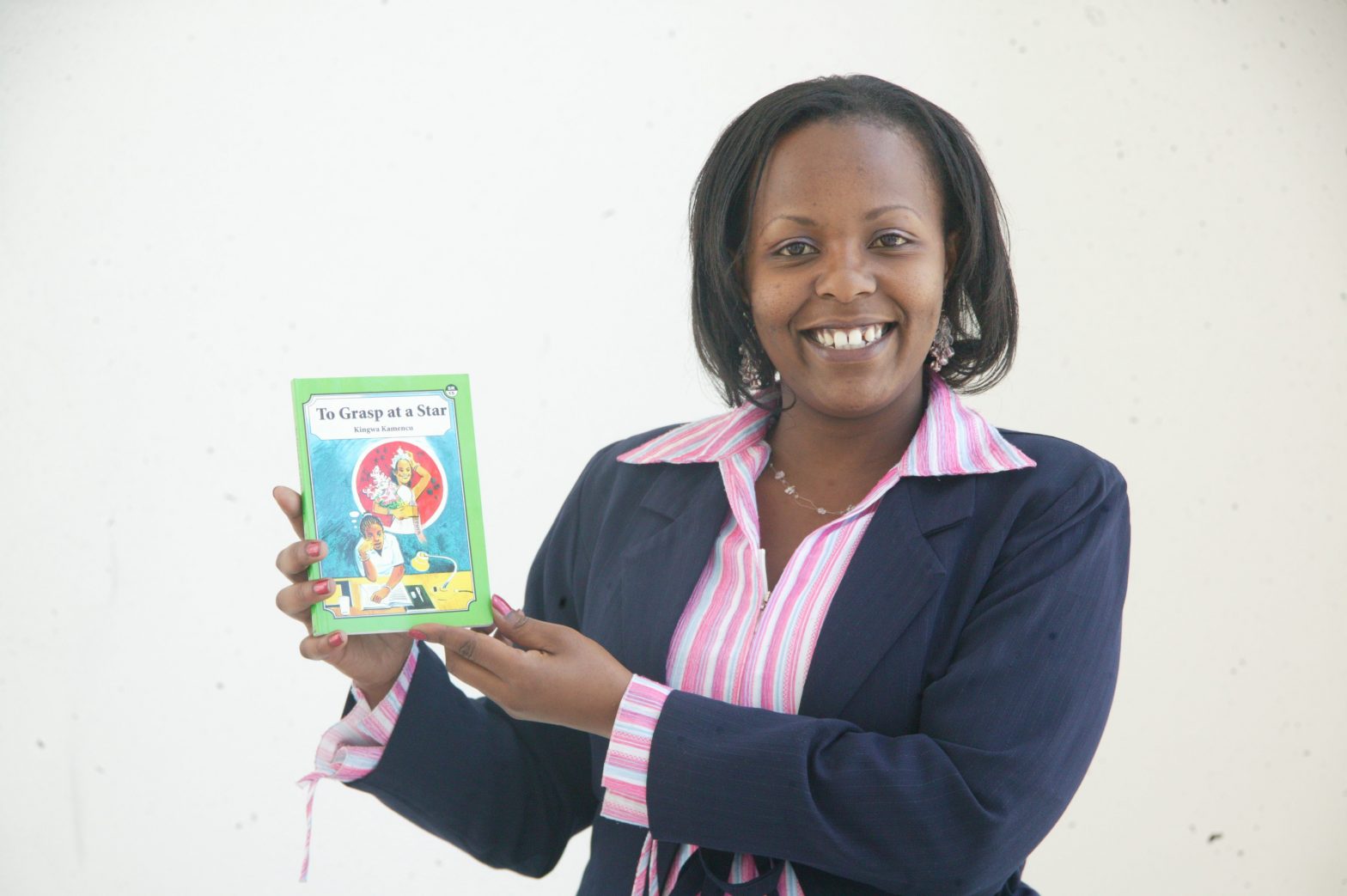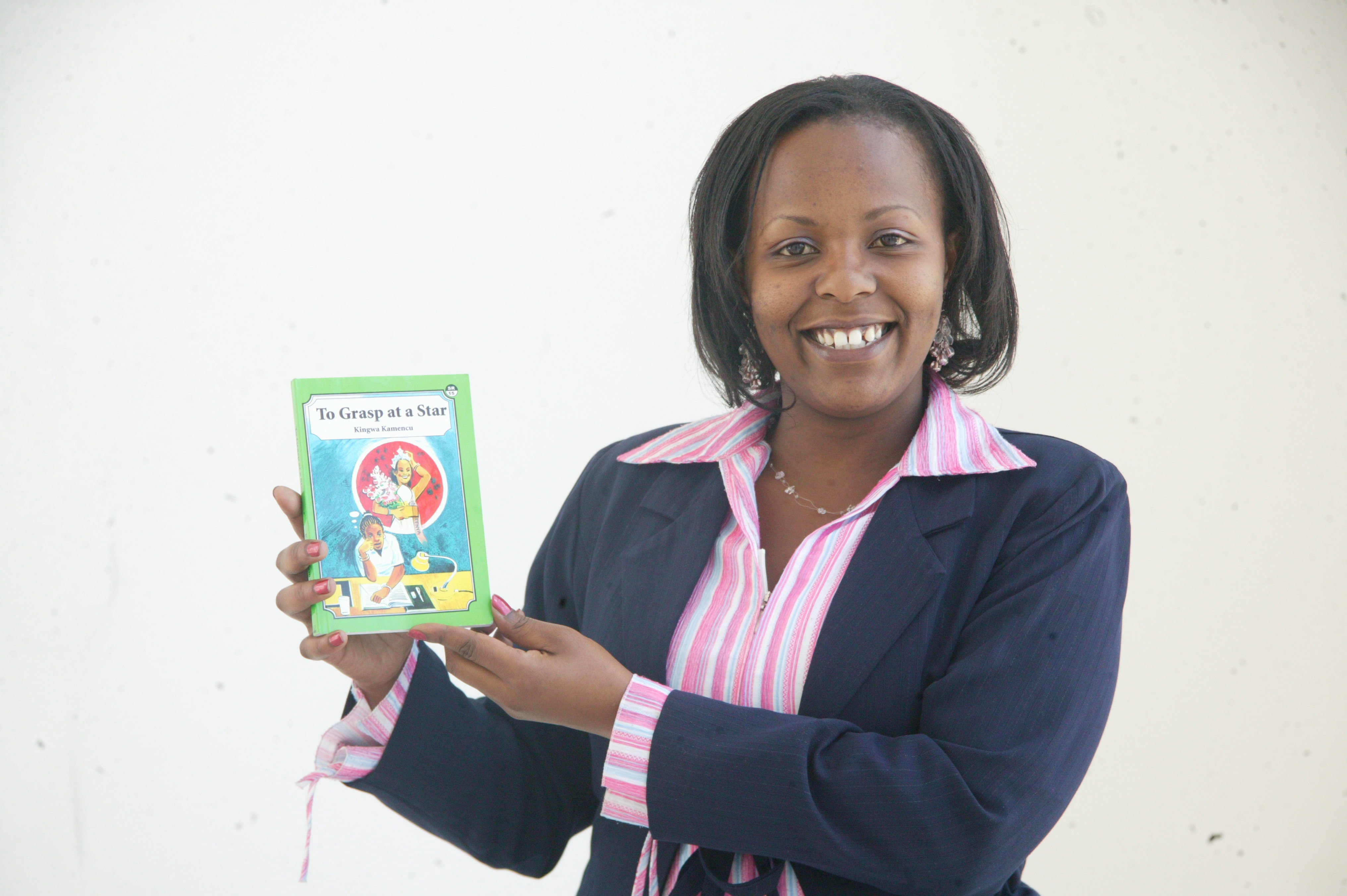I have always been fascinated by the outgoing Kibwezi MP Kalembe Ndile, who is also an assistant minister in the Ministry of Tourism. His modest education aside, the politician has a way of putting his points across, that I think makes a lot of sense.
Take the case when he told off envoys attached to Kenya, when they were calling on President Kibaki to reappoint Samuel Kivuitu, whose tenure as the Electoral Commission of Kenya (ECK) expires on December 2, for the sake of fairness in the December 27 elections.
“Mimi sijui Kivuitu wa Amerika, ama wa Uingereza,” – I don’t Know Kivuitu’s equivalent in the US and UK – he said. He went on tell the foreign envoys that Kenya is a sovereign state, and other countries should not interfere with the way it conducts its elections. He also added that it would be unheard of for a Kenyan envoy, say in the US, to tell President Bush who to elect as the head of their electoral body.
Now, if that is not common sense, tell me what is. At the risk of being accused of leaning against one political side at this crucial moment of the political campaigns, let me stick to the mandate of this blog. Books. Well, Kalembe, in spite of his modest education, has done what Kenyan politicians rarely do, and that is producing books.
Kalembe Ndile: My Squatters, My Struggles, My Dream, is a book written by journalist Peter Thatiah, and seeks to have the reading public know the politician better.
 Kalembe might not have written the book, owing to his well documented inadequacies, but it nevertheless provides Kenyans with much needed details that might not find their way into newspaper pages, and which allows us to better understand and appreciate our country. Leaders, or politicians for that matter, by virtue of their positions and interactions, tend to influence decisions, and thus can be reagarded as depositories of a country’s history.
Kalembe might not have written the book, owing to his well documented inadequacies, but it nevertheless provides Kenyans with much needed details that might not find their way into newspaper pages, and which allows us to better understand and appreciate our country. Leaders, or politicians for that matter, by virtue of their positions and interactions, tend to influence decisions, and thus can be reagarded as depositories of a country’s history.
The book tells of how Kalembe’s parents emigrated to western Uganda where his father was then working at the Kilembe Copper Mines. And it is from the mines that Kalembe got his name. Apparently, when they got back to Kenya he could not tire telling people,about that “wonderful” place in Uganda.
So the name was amended to Kalembe as Kilembe was found to be too big for his small stature then. Note that in most Bantu dialects, which Kalembe’s Kikamba belongs, the prefix ka denotes small while ki is associated with something big. After the murderous Amin regime kicked the Ndile family out of Uganda, they found themselves back to Kibwezi in Eastern Kenya to a life of squalor and landlessness.
It is under that life of squatterhood that young Kalembe found himself struggling to get education. According to the book he had to burn charcoal to pay his fees at Emali Secondary School.
Having been brought up under such dire conditions Kalembe cultivated an burning desire to fight for the rights of fellow squatters, who incidentally are the majority in Kibwezi constituency. And what a better way to articulate this than in an elective post, he reckoned. He contested Nguumo Civic Ward in the 1997 General Elections and won. He was also elected the chairman of Makueni County Council the same year.
His term as a councilor was informed by waging battles with well-heeled and well-connected individuals, in the then Kanu Government, against land grabbing, a thing that earned him many enemies, including stints in police custody. At some point Parliament spent quite a considerable amount of time discussing his tribulations in the hands of his tormentors.
Still, such drawbacks could not extinguish his burning ressolve to fight for the rights of squatters. And they reciprocated by giving him their support during the 2002 General Elections, when he was elected as the Kibwezi legislator. At some point Kalembe was accused, in Parliament of being a highway robber in an earlier life. The book has not shied away from that, as well as his well publicised altercation with the ODM-K presidential candidate Kalonzo Musyoka, when he was ejected from a cultural function in Mwingi district.
In the book, Kalembe reckons that event contributed to Kalonzo’s dwindling fortunes in opinion polls.
Although the coming up with the book is commendable, the fact that it is self-published explains the rather lucklustre cover design, binding and quality of paper used. Still Thatiah’s command of language almost makes up for the shorcomings in quality.
I also got the feeling that the author dwelt a bit too much on some details, that are outside the main story of Kalembe’s life. Those details are okay when one is writing a big book, as they provide the useful background information. But for small book like this one, it is just too much. The reader for example misses out on how Kalembe met and married his wife, a thing that should not miss out on a biography or an autobiography for that matter.
In most parts, the reader gets assailed with too much of the author’s opinion, what with his showy and pompous use of language, at the expense of the story at hand. And on that note, I would not be surprised if the book attracts a libel suit or two, from some parties who might feel aggrieved by what is contained in the book. Whether the book is a campaign tool for Kalembe, only time will tell.




